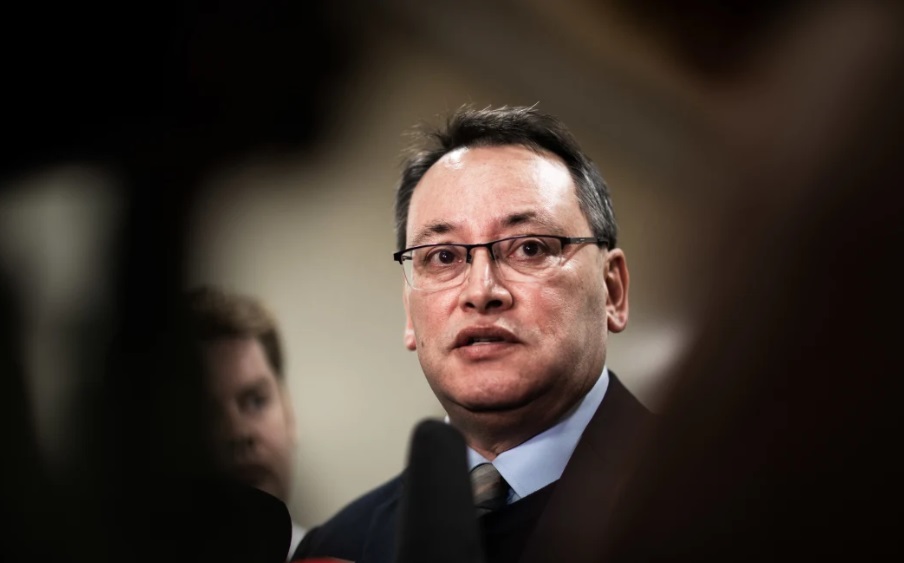
The Health Minister has admitted the government should have communicated its backtracked plans to fund 13 new cancer drugs better.
In opposition, National campaigned on funding 13 new cancer treatments, paid for by scaling back universal free prescriptions.
However, the promised drugs were absent from last month's Budget, prompting criticism from the opposition and patient advocates.
Appearing before Parliament's health committee during the inaugural scrutiny week, Shane Reti said the government should have been clearer with the public that the drugs would not be in the Budget.
"We've been working hard to progress our commitment. We will have more to say on this soon. But we do acknowledge that we could have communicated this better," he said.
"However, its absence from the Budget is not due to us backing away from this commitment. Instead, it's a sign of our commitment to getting it right."
Reti maintained the government would still deliver the drugs within the year, although was unable to set out specific timeframes.
There had been challenges during the Budget bid process that were not apparent in opposition, and required the "tools of government" to understand, he said.
But Labour's health spokesperson, Dr Ayesha Verrall, told Reti she had given National ample warning over the challenges it would face to deliver the drugs.
"I put it to you that all of those implementation problems were canvassed on the election campaign. I told you that this promise would seriously undermine the Pharmac model and its independence. I told you you had excluded haematology drugs from your commitment.
"And yet you persisted with this manipulative and cruel promise you did not intend to follow through on."
Reti has also stuck to his guns over the specific drugs, despite Pharmac's former chair, Steve Maharey, telling RNZ last week that some drugs on the list were no longer current, while others had previously been declined by Pharmac.
Speaking after the committee, Reti confirmed that some of the drugs had previously had their applications declined.
But he denied he was undermining Pharmac's model and independence by pressing ahead with the 13 drugs National campaigned on.
"For those who saw themselves in our policy, we want to give them hope, and we want to meet those commitments," he said.
Verrall said it was irresponsible to put politics ahead of what patients need.
"He's prioritising saving his skin politically over doing what's right for patients and getting modern medicines," she said.
In the committee, Verrall also criticised a backtrack on funding for new medical school places.
National campaigned on funding 50 medical school places at the Universities of Auckland and Otago from 2025 - but the Budget had funding only for 25.
"This is an example of a broken promise, after you said the health workforce is in crisis. You could simply fix this problem by funding it more," Verrall said.
"Those universities are ready to accept those students, and yet you've chosen not to."
In response, Reti told Verrall her government had left behind a fiscal cliff, which his government had to prioritise fixing first.
"We weren't able to do everything in this Budget, and we understand that. But we remain committed to delivering the full 50 places, as we've outlined."
Reti said there was no connection between the reduction in funded places and the government's plans to build a third medical school at the University of Waikato.













